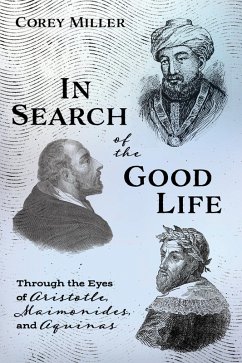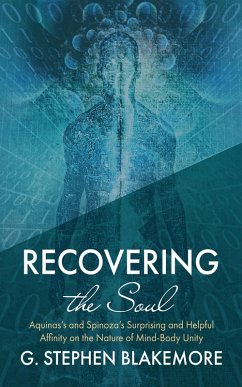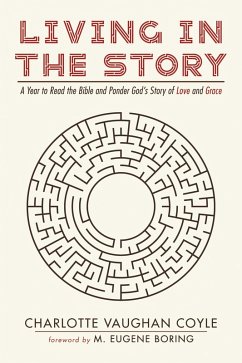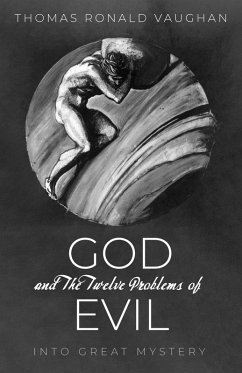What is the Good Life? Learn from some of the greatest minds in Greek, Jewish, and Christian thought. Comparing their thought reveals a new apex reached in the age-old question concerning the relationship of Jerusalem and Athens, faith and reason. Few have been more influential in Judaism and Christianity than Moses Maimonides and Thomas Aquinas, yet Aristotle influenced them both in significant ways. By adopting and adapting some of Aristotle's best thinking, we can appreciate Maimonides' and Aquinas' search for the Good Life from their respective views, ranging from the fall to human perfectibility. This examines human nature, the human telos, and how each would prescribe the route to the Good Life. For all three, it is ultimately about the knowledge of God. But what does that mean? The comparative approach is more illuminating than if considered in isolation. Comparatively, Aristotle's approach may be characterized as informational, Maimonides' as instructional, and Aquinas' as pneumatic-relational. The role of faith as a virtue in both Maimonides and Aquinas makes a substantive difference over Aristotle's in philosophical and practical ways. It is used to exploit their accounts of the human fall, moral perfection, and ultimate human perfection--the knowledge of God.
Hinweis: Dieser Artikel kann nur an eine deutsche Lieferadresse ausgeliefert werden.
Dieser Download kann aus rechtlichen Gründen nur mit Rechnungsadresse in A, D ausgeliefert werden.
Hinweis: Dieser Artikel kann nur an eine deutsche Lieferadresse ausgeliefert werden.









